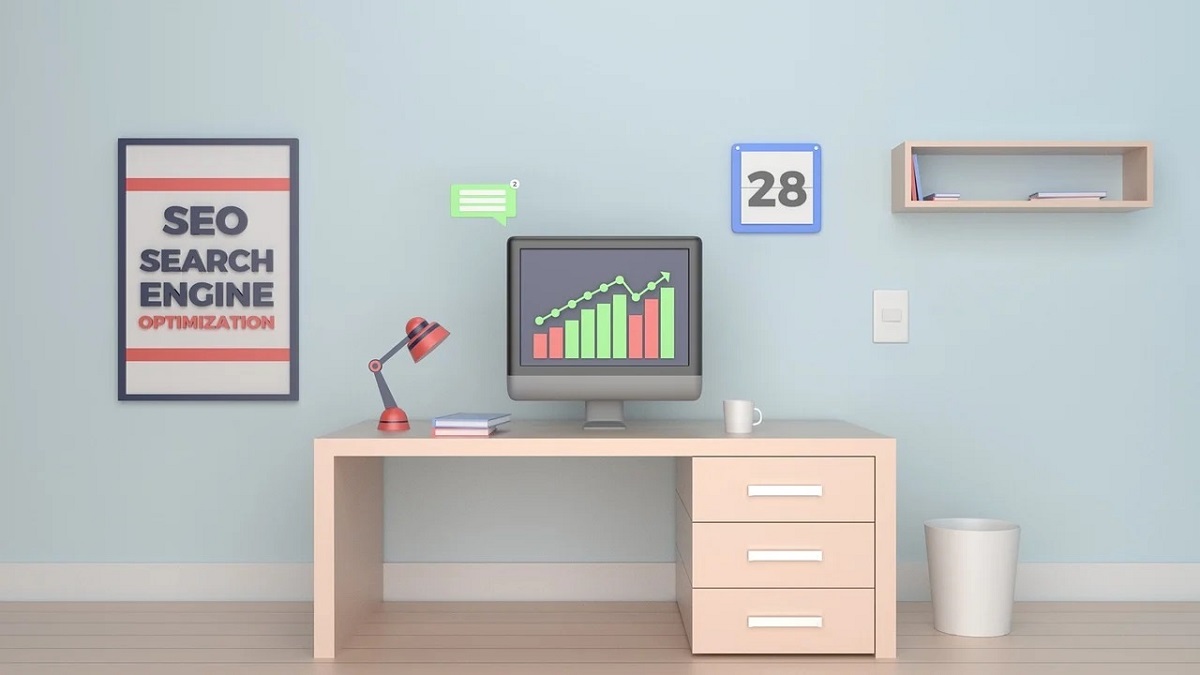There are a lot of myths out there about SEO, and one of them is that title tags don’t matter. Some people believe that if you have the right content, you don’t need to worry about your title tags. But that’s not true! Title tags are still a very important part of SEO.
In this article, we will challenge a common myth that pages do not need title tags to rank and explain why pages do in fact need title tags to rank at their full potential!
What are Title Tags?
Title tags are the titles of your pages. They are what show up in the search engine results page, and they help you rank higher on Google or Bing. You need to have a title tag for every page on your site so that Google knows which page is being searched for when someone uses a particular keyword phrase.
What Do Title Tags Do?
Title tags help your site rank higher in search engine results pages (SERP). The goal is to have your site appear at the top of the SERP for your chosen keywords. But how do you know what keywords to aim for in your title tags?
How to Choose the Best Title Tag Keyword
Choosing the best keywords for your title tag takes some work on your part. You need to make sure that they are relevant to your website, easy to read, and that they are not used by other websites. When you choose a keyword, it’s important that you come up with some variations of it. For example, if you’re writing about green tea, some variations might be “green tea health benefits” or “organic green tea”. When you are trying to come up with good keywords that can help your content rank, try to think of things people would be searching for on search engines. You can also use a number of tools such as SERanking to help determine which keywords will be easiest to rank for.
How to Build the Best Title Tag
Once you’ve chosen your keywords, it’s time to build your title tag. It must appear on every page of your website and the length is limited to 70 characters. While choosing a title tag for one webpage might seem easy enough, there are many factors that influence how search engines rank pages. The best way to choose a title tag is by using Google Webmaster tools and entering some potential keywords for each page you have written. This will help you determine if the tags accurately describe your content or not.
Knowing if You Chose a Good Keyword
And now that we know what makes for a good title tag, let’s figure out just what qualifies as an effective keyword choice:
- Relevant: Make sure that your keyword is relevant to your website’s topic. If you are a health site, for example, “healthy recipes” would be a more relevant keyword than “dessert recipes”.
- Broad and specific: Try to find keywords that are both broad (such as “travel”) and specific (such as “traveling to Europe”). This will help you target a larger audience while still being specific enough to rank higher.
- Easy to read: The best keywords are easy to read and understand. Avoid using difficult terms or phrases that people might not search for.
- Not too competitive: Don’t choose a keyword that has too much competition. You’ll have a harder time ranking for that term.
- Use your keywords: Make sure that you use your keywords in certain parts of the page, such as the title tag and meta description.
- Listed on multiple pages: Try to choose a keyword that is listed on multiple pages of your website or Google will not think it’s relevant enough.
How are these tips for finding good keywords applicable to titles tags? If you are writing about “traveling” make sure you come up with variations like “traveling tips”, “traveling with kids”, etc. It’s also important to build out your site by using your chosen keywords throughout different areas on each page, making sure that they appear within your title tags, meta descriptions, URLs, headlines, alt text, and headings. So, remember, choosing the right keywords can make or break your rankings-just like a good title tag!
Can You Rank a Page Without a Title Tag?
Many people wonder if it is possible to rank a page without a title tag, and the answer is no, a page can’t rank without a title. Every page needs an optimized title tag to help it outrank your competition and show up at the top of search engine results pages (SERPs).
Title tags are one of many ranking signals that make up a webpage’s relevancy score. This is what helps determine where each result shows up in paid and natural search, which is why they’re so important for SEO. In fact, there are over 200 ranking factors, but title tags account for around 10% of a page’s overall relevancy score. So, you’ve got to get this one right if you want your site to come out on top!
Final Thoughts
In conclusion, when it comes to doing everything in your power to boost your website’s ranking, never overlook title tags as these are in fact vital to the ranking of any webpage. Without proper title tags, search engines will have trouble understanding what your content is about, therefore, it is a great idea to hire a professional team, such as the one at ArticleHub to help you with everything SEO-related.




